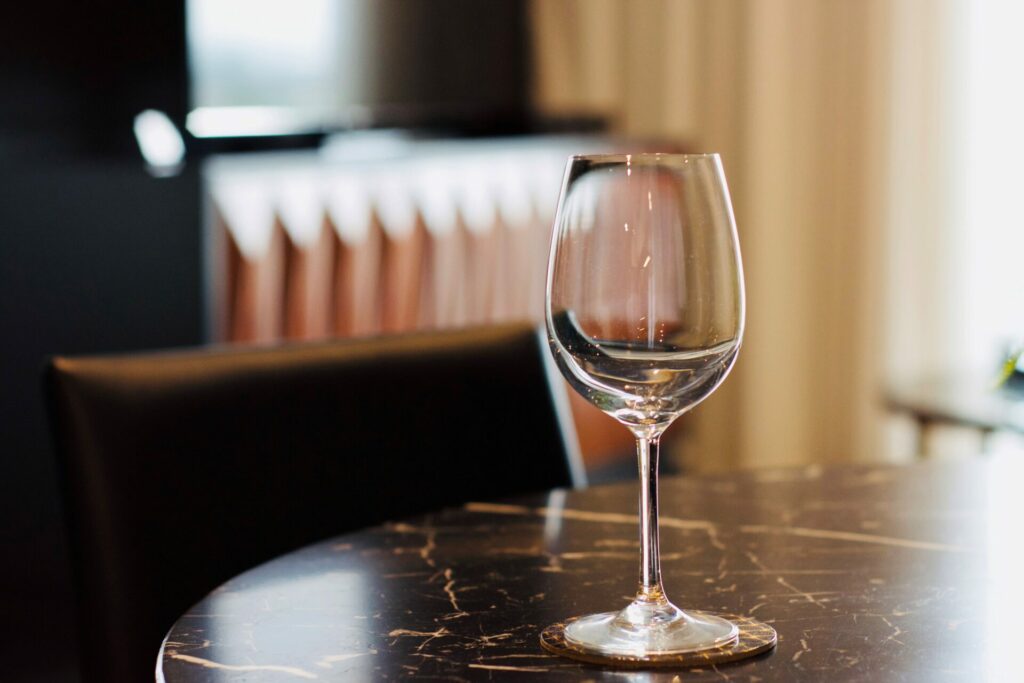Dry January is more popular than ever, with an increased awareness of the benefits of sobriety. But it's not just health reasons that make people opt for the annual sobriety challenge, it's also the age of responsibility and wellness that we live in, according to experts.
Trends often start with young people and surveys show that this age group is increasingly abstaining from alcohol. In the UK, a recent survey on drinking behaviours showed that 26% of 16-25-year-olds were likely to be teetotal.
In Belgium, alcohol consumption decreased between 2016 and 2019, with pure alcohol consumption now lower in Belgium than the EU-15 average, according to Belgium's Health Institute Sciensano.
Some experts believe that quitting alcohol is now a status symbol. "Living alcohol-free gradually seems to be the new riding a cargo bike," said sociologist Walter Weyns (University of Antwerpen) in Gazet van Antwerpen.
"We simply live in times of heightened responsibility," Weyns explains. "Modern man has the urge to constantly examine whether he is doing the right thing and taking enough care of himself. Am I exercising enough? Am I eating healthily? And now so too: am I not drinking too much and can I better stop drinking? All these questions go perfectly with the growing interest in our health. "
Wellness culture
European countries have the highest levels of alcohol consumption in the world. Yet consumption in high-income countries has declined, Claire Davey, a researcher in gender and sobriety at Canterbury Christ Church University in England, told CNN. It is partly due to the rise of wellness culture, with the popularity of activities such as yoga, mindfulness and self-care.
"All of these concepts that are now quite fashionable really underpin that culture shift, that desire to be well," Davey said.
An increased awareness of the importance of mental health has also encouraged people to think about how alcohol impacts their mental health, according to Davey.
"Many such behaviours and phenomena are first making inroads among well-to-do and longer-educated groups," said Weyns. "Those are more likely to choose that kind of lifestyle. Lifestyle is status, it is how you set yourself against the behavioural patterns of others you find less hip, less stylish, less conscious and responsible."
Health benefits
Going alcohol-free for a month lowers blood pressure, reduces the risk of diabetes, lowers cholesterol and increases brain health, which lowers the risk of Alzheimer's. Dry January participants report sleeping better, having better skin and saving money, according to the charity Alcohol Change UK.
But just how easily people can access alcohol is new, according to Edward Slingerland, a philosophy professor who wrote about alcohol consumption and its impact on society. Slingerland asserts that there used to be more practical limits on how strong the alcohol we consumed was and that drinking used to be centred around festive occasions.
Consuming alcohol is a big part of cultural habits and the social aspect of quitting alcohol can be challenging for many who do Dry January.
"Taking a month off drinking sometimes feels like taking a month off socializing," wrote Leah Asmelash in CNN. "After years of practice, I’ve become adept at simply declining offers of a drink, but being the only one not partaking in a group can feel awkward."
Just for one month?
The sobriety movement could lead society to rethink its relationship to alcohol, according to sociologist Ignace Glorieux (VUB).
"Just compare our perceptions about smoking from before versus now" she told Gazet van Antwerpen. "Until a few years from now, you could light up a cigarette in restaurants or on the platform; on the train you could sit in a specially provided smoking compartment. All that is now unthinkable and mostly banned. Someone who still smokes today is therefore almost marginalised."
Related News
- 'Dry January' can cause anxiety, alcohol experts warn
- Tournée Minéral alcohol-free February kicks off
The food culture associated with alcohol makes a complete ban difficult to imagine. Slingerland instead recommends mimicking cultures with a healthier relationship to alcohol: "Anthropologists refer to Northern versus Southern European drinking cultures. Northern drinking cultures tend to be binge drinkers... The purpose of drinking is to get drunk."
"Whereas if you look at Southern European cultures like Italy or Spain, they’re drinking primarily wine and beer. They’re always drinking in the context of a meal... To drink to the point of being visibly drunk is embarrassing and actually kind of shameful."

